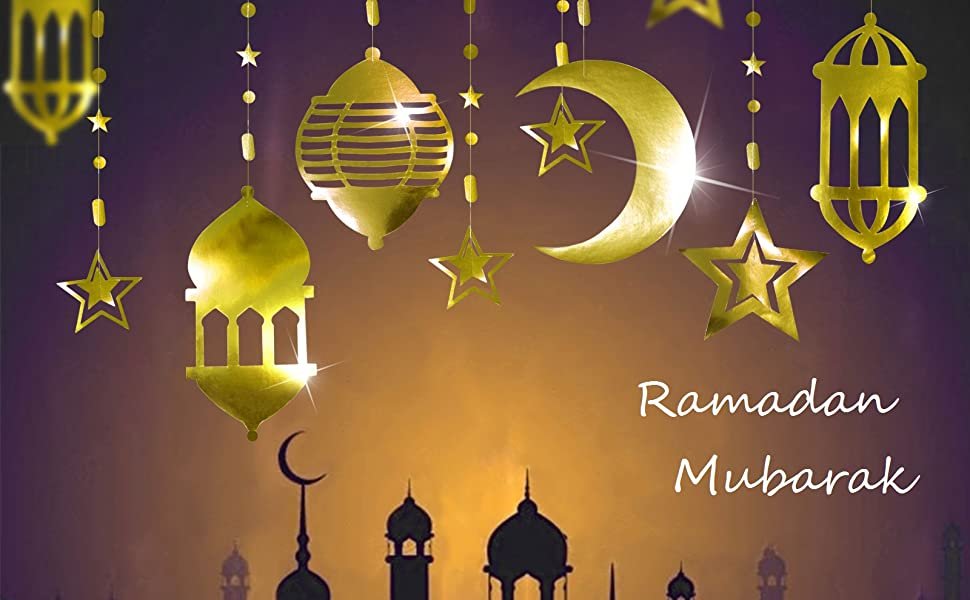The Significance and Spirituality of Ramadan: A Month of Fasting, Reflection, and Renewal

Ramadan is a significant religious observance celebrated by Muslims worldwide. This holy month is the ninth month of the Islamic calendar and is considered a time of fasting, prayer, reflection, and spiritual growth. Muslims around the world look forward to the month of Ramadan, as it brings a sense of community and renewed faith.
Fasting during Ramadan is one of the five pillars of Islam, and it is obligatory for all adult Muslims who are physically able to do so. The fast begins at dawn and continues until sunset. During this time, Muslims abstain from food, drink, smoking, and other physical needs. The fast is broken at sunset with a meal called iftar, which is shared with family and friends.
Ramadan is not just about abstaining from food and drink. It is also a time to focus on one’s spirituality and to become closer to Allah. Muslims are encouraged to engage in extra prayers and to read and reflect upon the Quran, the holy book of Islam, during this month. It is also a time for acts of charity and kindness, as Muslims are reminded of the importance of giving to those in need.
The month of Ramadan culminates in the celebration of Eid al-Fitr, a joyous festival that marks the end of the month-long fast. On this day, Muslims gather for prayers, exchange gifts, and share a meal with family and friends. It is a time of celebration and thanksgiving, as Muslims express their gratitude for the blessings in their lives.
Ramadan is a time of spiritual reflection and growth, and it is an opportunity for Muslims to deepen their connection with Allah. It is a time to renew one’s faith, to seek forgiveness for past sins, and to strive to live a life of righteousness and compassion. For Muslims around the world, Ramadan is a time of great significance, and it is a testament to the unity and strength of the global Muslim community.

